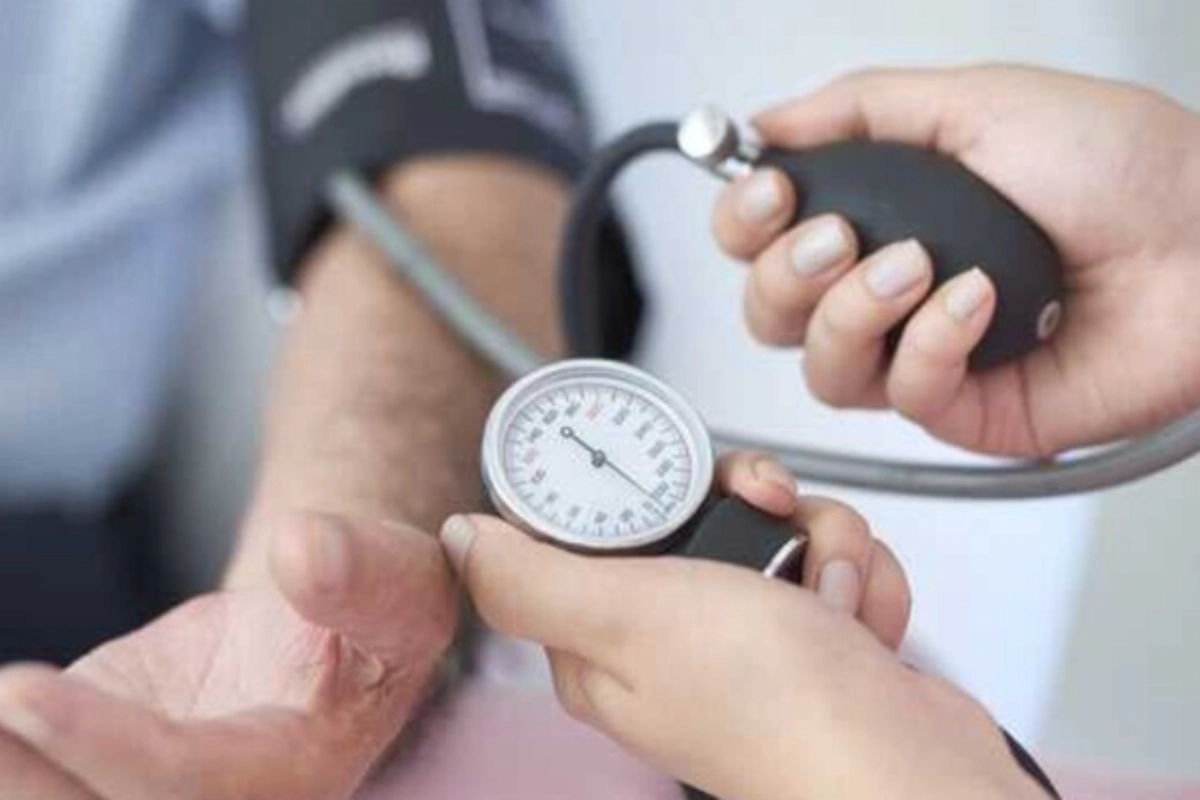Blood Pressure: Dr. Priyanka Sehrawat tackles a prevalent issue among people with high blood pressure (BP) in a recent Instagram video: the ongoing dependence on medication. Dr. Sehrawat stresses that before considering stopping a medication, one must identify the underlying causes of increased blood pressure.
Understanding the Underlying Factors
Dr. Sehrawat raises important issues about lifestyle decisions, such as weight, smoking, drinking, consuming too much coffee, family history of hypertension, cholesterol, kidney health, and cardiac issues. She emphasises that taking care of these issues is necessary for efficient blood pressure management.
Exercise as a Key Player
The main guideline for controlling blood pressure is frequent exercise, especially walking. Dr. Sehrawat emphasises the value of exercise in overcoming a sedentary way of living. Even a quick or slow 30-minute walk each day can make a big difference in decreasing blood pressure.
Tailoring Exercise to Individual Needs
Dr. Sehrawat recommends a modest stroll for people who are experiencing physical difficulties so that everyone can incorporate movement into their routine, regardless of their health. The best time to go for a walk is also covered; morning walks are advised for most people, but evening walks are advised for those who have trouble falling asleep.
Dietary Considerations
Cutting back on salt is another important point that Dr. Sehrawat mentioned. She suggests consuming no more than a teaspoon of salt each day—that is, avoiding the natural salt found in plants. It’s important to keep an eye on how much salt is consumed overall, especially when it comes to condiments like raita, curd, pickles, and chutney.
Monitoring and Lifestyle Focus
Dr. Sehrawat stresses the importance of concentrating on the unique causes of increased blood pressure and supports regular blood pressure monitoring. By taking care of these issues, people can better regulate their blood pressure and possibly progressively cut down on or do away with the need for medication.
